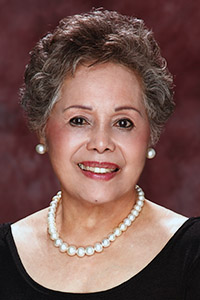
Lucille Paradela-Fernández
1954
Recognized for organizing and administering the Nursing Service of the Veteran Memorial Hospital of the Republic of the Philippines which served as a model for other hospitals in the region. She supported advanced nursing education in the Philippines that resulted in creating a work force dedicated to serving the veterans and other patients in the hospital efficiently and with empathy.
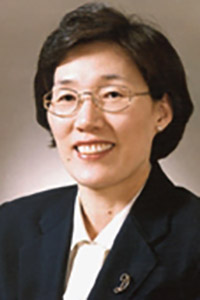
Hyeoun-Ae Park
1983
Recognized for her devotion to the advancement of nursing science, especially in the area of Nursing Informatics. She introduced the first graduate nursing informatics course at Seoul National University and assumes many leadership roles internationally.
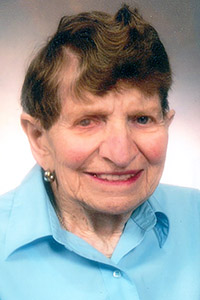
Grace G. Peterson
1951
Recognized for teaching the art of nursing administration, for her service in the Army during WWII and active involvement in the army reserves until retirement, for establishing the chapter of Sigma Theta Tau at De Paul University, and for mentoring foreign nursing students throughout her career.
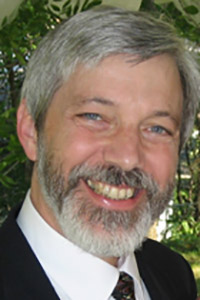
Michael Petty
1996
Recognized for his focus on the care of patients with cardiovascular disorders and his contributions to the ventricular assist device therapy program at the University of Minnesota Medical Center. He consults on LVAD therapy for end-stage heart failure and program integration around the world.
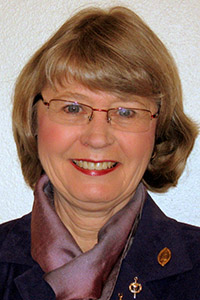
Cynthia Ofstad Prestholdt
1963, 1967
Recognized for her dedication to nursing education and public health by increasing community-based student learning experiences. She co-founded Childbirth Educators, implemented on-line learning following Katrina that allowed continued course work for graduate students and spearheaded the delivery of mobile primary healthcare to displaced families.
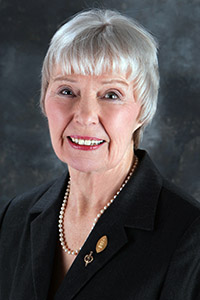
Sandra Halverson Rasmussen
1957
Recognized for her passionate commitment and outstanding leadership in the development of essential mental health services. She organized state-of-the-art addiction treatment and prevention for children, adults, and families. Because of her work, recovery is reality for thousands of individuals.
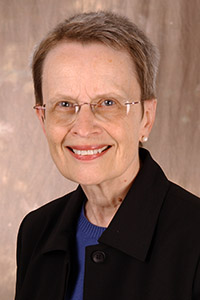
Barbara Klug Redman
1959
Recognized for her expertise on universal healthcare issues and for her publications impacting public perception and action on the nation’s healthcare crisis. Through her hospital administration work, she has implemented standards of care to ensure optimal care delivery for communities in Texas and beyond.
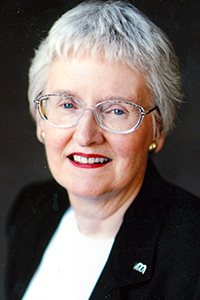
Patricia A. Robertson
1968
Recognized for her contributions to the development of the patient care delivery system known as Primary Nursing and for developing and coaching future nurse leaders. This experience established the foundation for her philosophy of leadership – recognizing potential, creating an environment for learning, and removing obstacles to achievement.
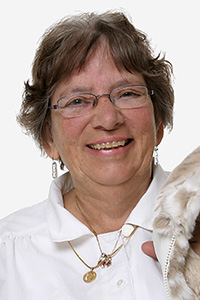
Caroline Bunker Rosdahl
1960
Recognized for her contributions as the Director of a Public Health Nursing Service responsible for healthcare within industry, nursing homes, and school settings. She mentored high school students to encourage their pursuit of health careers and developed the initial nursing curriculum along with other health related programs within a technical college setting. Her landmark book, Textbook of Basic Nursing, is in its 9th edition and is widely used throughout the world.
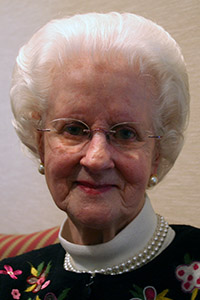
Florence R. Ruhland
1959
Recognized as the first US Army Hospital Reserve Nurse in North Dakota and as a charter member and first director of education for the International Diabetes Center (1967) which pioneered the field of patient education in health care decisions.
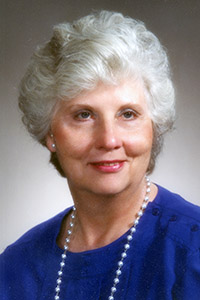
Muriel B. Ryden
1953
Recognized for her effort to build a group of researchers who recognized the significance of a knowledge base about older adults and teaching best practices for gerontological nursing. Her work has also influenced how behaviors of dementia are assessed through use of the Ryden Aggression Scale.
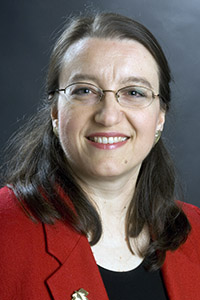
Elizabeth Saewyc
1996
Recognized for her work in helping to develop interventions to promote resilience among homeless and runaway teens, especially among those who have experienced social violence. Her work contributed to initiatives on sexual violence prevention as a means to reduce teen pregnancy and guide transition programs for at-risk youth.
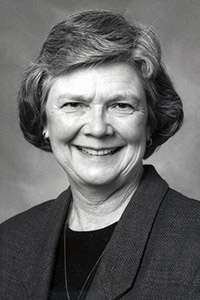
Carolyn Iverson Schroeder
1955
Recognized for her dynamic service to the community and lifelong advocacy for health care and nursing, especially for children as a founder of Minneapolis Children’s Medical Center. Her philanthropic leadership generated support for building expansions with the Children’s Hospital and established the Katharine J. Densford International Center for Nursing Leadership at the School of Nursing.
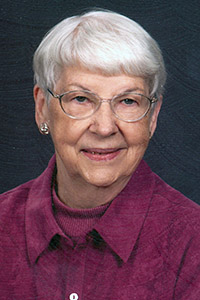
Florence M. Schubert
1954
Recognized for developing a nursing major at Luther College in Decorah, Iowa and serving her profession as a practitioner and educator in the areas of psychiatric nursing, sexual assault, alcoholism and Alzheimer’s disease.
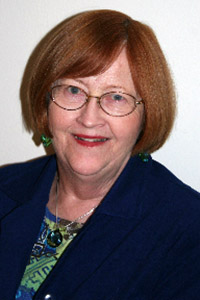
Marjorie J. Smith
1975
Recognized for being the first director of the master’s program in nursing at Winona State University that emphasized nursing theory, research and clinical practice. She has also advanced the Centering Pregnancy model now active in Canada, Australia and Germany.
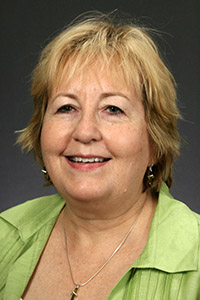
Sara J Smith
1975
Recognized for her work in Newborn ICU and as Deputy Director of the CORE Group Polio Project, for contributions to public health programs in refugees camp in Africa, and child immunization programs in remote rural communities and urban slums worldwide.
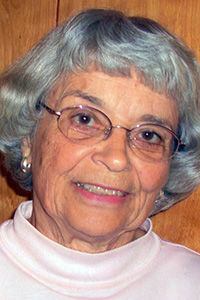
Lucy Schwartz Sontag
1952
Recognized for establishing and conducting county-based Early Periodic Screening programs moving from a crisis-based care model to prevention where she was also able to implement computerized immunization record tracking in the school system.
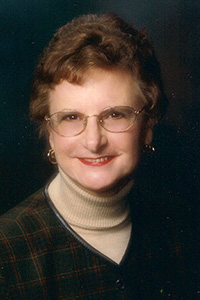
Justine Speer
1961, 1963
Recognized for founding a community health department and a summer doctoral program giving faculty and students resources, opportunities and a stronger curriculum at Wayne State University. She was also a founding member of the Midwest Nursing Research Society and Midwest Alliance in Nursing where their work focused on faculty nursing research and assessment.
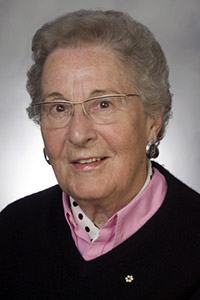
Shirley Stinson
1958
Recognized for being the first Alberta nurse to hold a doctorate degree and the first nurse in Canada to receive a joint appointment in nursing and health sciences. She is credited with raising the profile of nursing and improving the standards of patient care.
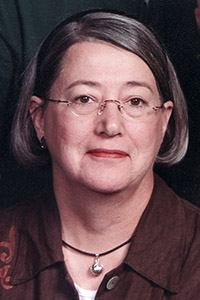
Susan Strohschein
1968, 1980
Recognized for providing direct services to the ill and disabled in their homes and to families with young children in rural Minnesota. As a consultant to local health departments in the Minnesota Department of Health, she and a colleague developed the public health “Wheel of Interventions.”
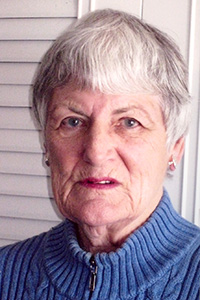
Ruth Stryker-Gordon
1948
Recognized for pioneering long-term care administration curriculum and influencing the field of rehabilitation nursing through courses and publications. Today she continues to promote improvements in health care through work with Stratis Health, a quality improvement organization.
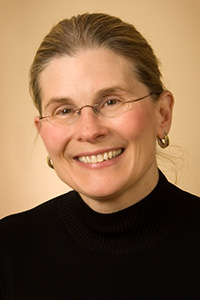
Mary J. Sumpmann
1978
Recognized as the founding administrator of the Masonic Cancer Center, University of Minnesota, and for leading novel approaches to patient care which included establishing the nationally recognized Clinical Trials Office, and Patient Learning Center at the University of Minnesota Medical Center.
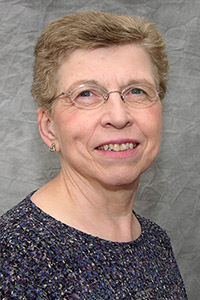
Alice Swan
1969, 1973
Recognized for her leadership as associate dean of the College of St. Catherine and for creating unique educational opportunities for students, nurse educators and clinical education providers. While serving as president of the Minnesota Nursing Association, she influenced national nursing policy.
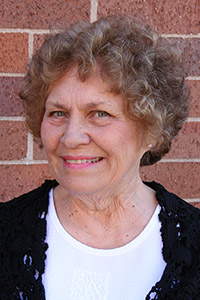
Esther B. Tatley
1984
Recognized as Chisago County’s only “county nurse” in the mid-1960s, she left the county 20 years later with a department that had grown into a multi-faceted agency and became one of the first health departments in Minnesota to be certified by Medicare as a home health agency. She has served as a tireless preceptor to nursing students and mentor to new graduates in public health nursing. She was the first recipient of the Lillian Wald Award for Excellence in Public Health Nursing.
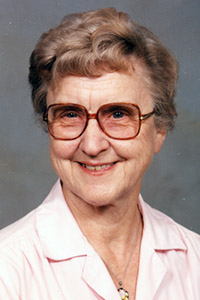
Eugenia Taylor
1948
Recognized for her work in early public health nursing in rural Montana and for her pioneering work in Gerontology Nursing, developing the first elective in Gero Nursing which drew students from Dentistry & Medicine. Furthermore, she represented and promoted professional nursing in interdisciplinary work on legislation toward Universal Health Care.
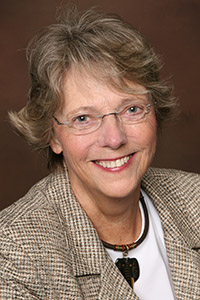
Margaret A. Taylor
1975, 1978
Recognized for starting the first private midwifery practice in the state, achieving full medical staff membership for midwives and successfully petitioning for reinstatement of access to malpractice insurance for the profession.
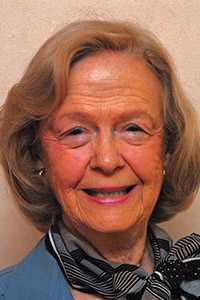
Mary R Thompson
1962
Recognized for her leadership with the Nurses Christian Fellowship organization. Her work focused on caring for people, continuing nursing’s heritage of compassion motivated by Christian values, and collaborating to mobilize nurses for positive influence in nursing and health care on a national and international basis.
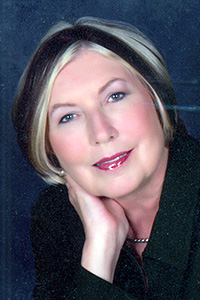
Patricia Tomlinson
1957
Recognized for her new theoretical insights of health and healthcare, for her significant long-term clinical research program that has had specific influence on nursing clinical practice with families in perinatal care, critical care and end-of-life care, and for developing international collaboration with nursing scholars in Scandinavia and Southeast Asia, introducing family systems health practice theory research that led to a greater focus on family care in nursing in those countries.
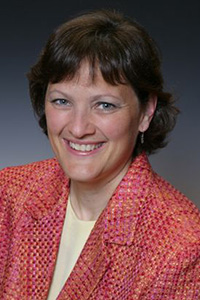
Mary Fran Tracy
1990, 1999
Recognized for her work directly impacting the care of patients and the practice of nurses who care for them. Serving as national president of the American Association of Critical Care Nurses and as a co-founder of the Minnesota Clinical Nurse Specialist affiliate, the first national affiliate of the National Association of Clinical Nurse Specialists (CNS), she influenced legislation that recognized CNS’s as Advanced Practice Nurses.